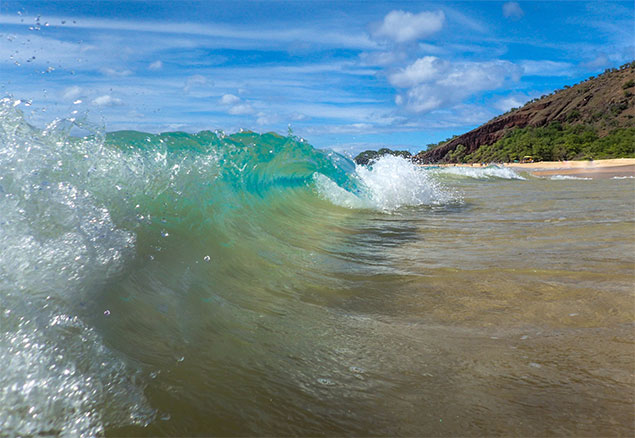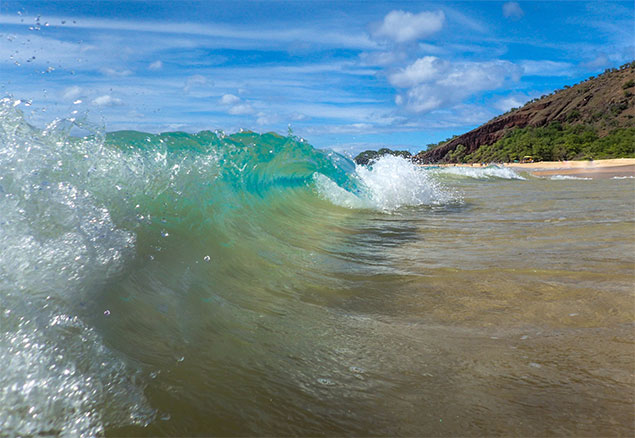
Listen up! It’s time for your Hawaii lingo lesson. Here are 34 of our most common expressions, which will help you get around our unique island culture:
Aloha
Aloha defines the spirit of Hawaii and its gift to the world. Aloha means hello, goodbye, I love you, goodness and many more connotations of positivity. Aloha can be used as a noun, verb and adjective.
Mahalo
Mahalo means “thank you,” but you probably already know that. Mahalo nui loa means “thank you very much.” You could also say mahalo nui, which is more casual, like saying “thanks a lot.”
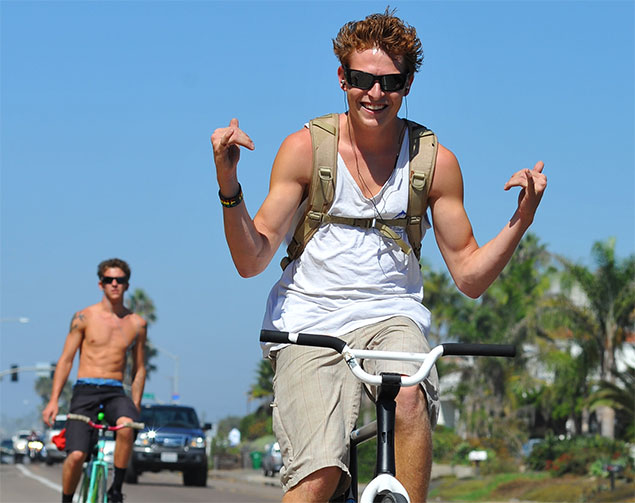
Hau’oli
Pronounced “how-ò-lee,”hau’oli means happy, glad, joyful. Hau’oli makahiki hou! means “Happy New Year!”
Wiki
Wiki means quick, fast, and swift. It’s pronounced “wick-ee.” Wikipedia — the “instant” encyclopedia
“A hui hou”
Pronounced “uh hoo-ee ho,” which means “until we meet again.” Did you know that Hawaiian doesn’t have a word for goodbye? We prefer to say a hui hou.
Pono
Pono means balance, righteousness, doing what’s right. The Hawaiian state motto is “Ua Mau ke Ea o ka ʻĀina i ka Pono” — The life of the land is perpetuated in righteousness.

Maika’i
Maika’i means good, fine, all-right, well-being, excellent. It’s pronounced “my-KA-ee.”
Maikaʻi nō = I’m fine. Pōmaikaʻi = good fortune, blessing. You will also see the “Maikaʻi Card” at Foodland stores throughout Hawaii.
Kōkua
Pronounced “ko-kuwa,” and means help, aid, assistance, relief. “Please kōkua with this heavy bag.” Kōkua is often mixed with English to ask for help with something. You might also see “kokua” on a lot of local signage throughout Hawaii.
Lanai
A lanai is a patio, porch or deck. In Hawaii, you will almost always hear the word lanai when referring to someone’s outdoor patio.
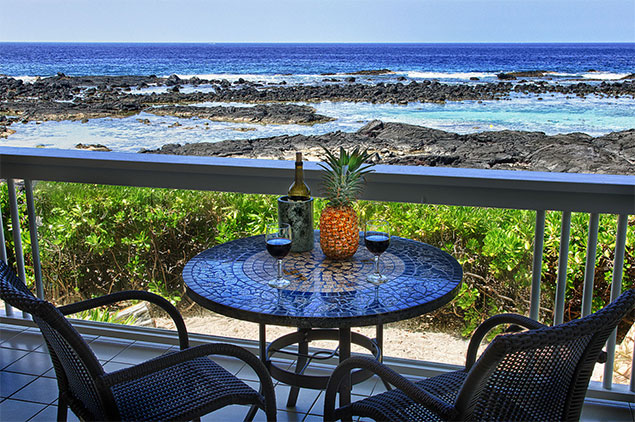
Nalu
Nalu means wave, surf. He‘e nalu means to ride a surfboard; surfing or surfer; also: “to slide on waves” or — more commonly — “surfing.” Papa he’e nalu is “something flat for sliding on waves” also known as “surfboard.”
Kaukau
Kaukau means “food” or “to eat.” It’s actually a local Hawaii pidgin word, not Hawaiian. Here in the Islands, you might hear “We go kaukau!”
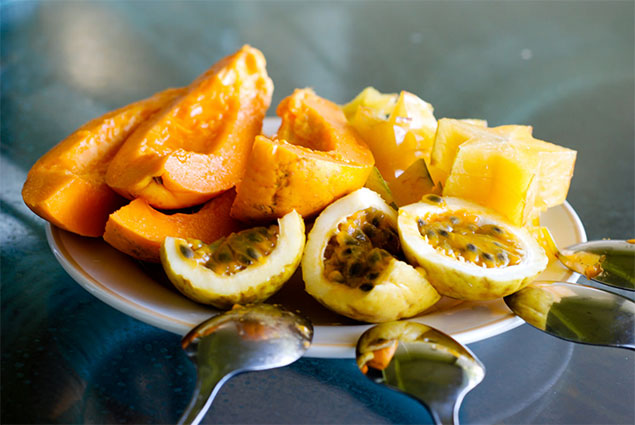
Mālama
Mālama means to take care of, serve, protect. You can use mālama as a verb in casual conversation, such as “please mālama my house while I’m away.” Mālama pono is a common Hawaiian expression which means “take care.”
Malahini
A malahini is a newcomer or visitor to Hawaii.
Kama‘āina
A kama‘āina is a long-term resident of Hawaii, also known as a “local.”
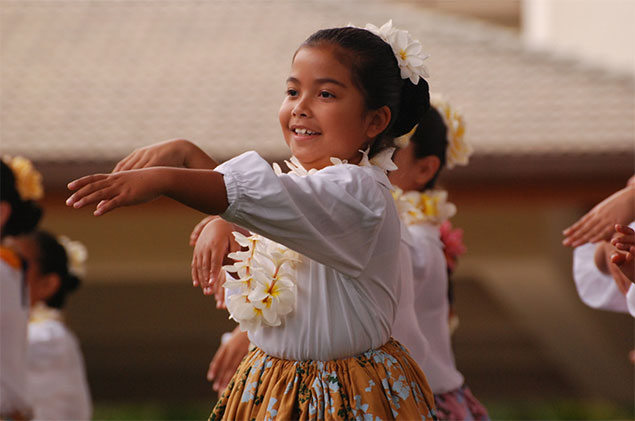
“Aloha kakahiaka”
Wake up! This expression means “good morning.”
Imu
An imu is an oven that’s built underground by digging up earth and adding lava stones and wood. Note the imu at your next lu’au, which is used to cook that tasty kalua pig.
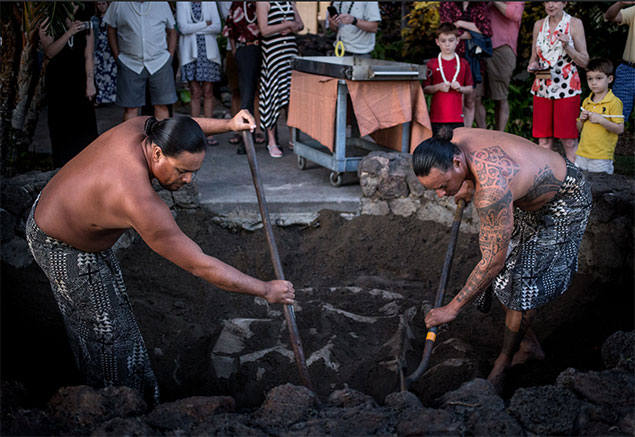
Kuuipo
Means “sweetheart” or “darling”. Seeing “Kuuipo” embossed in black calligraphy on a thick gold “Hawaiian bracelet” is a common sight throughout Hawaii.
“Hau’oli la Hanau”
“Happy Birthday!” If you really want to go all out in Hawaii on your birthday, order a haupia (coconut), guava or lilikoi (passionfruit) cake and get Hau’oli la Hanau written on it!
Heiau
A heiau is a temple of worship built before Western contact. Several heiaus remain preserved throughout the Islands. They are crafted by hand from lava rocks and fairly easy to recognize. Be sure to respect them!
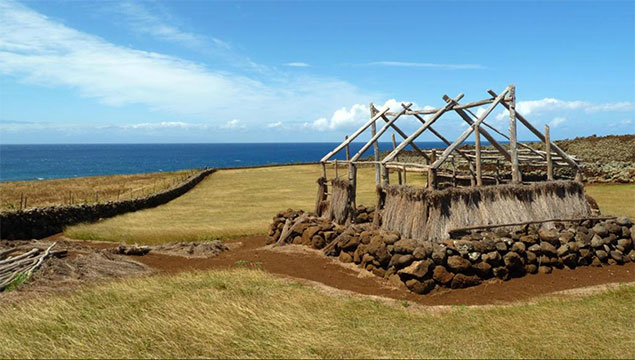
Hui
A hui is a club, society, group or team. It can also be used as a verb, as in “to form a group.” Da Hui is a renowned, respected and tight-knit group of Hawaiian watermen (mostly surfers) that started in response to the influx of organized surfing events that came to Hawaii in the 1970s.
Da kine
Da kine has several meanings in Hawaii, including “it, that thing, the goods, something excellent.” It’s not a Hawaiian word, but it’s used a lot and with great versatility in local Hawaiian vernacular. For example: “Their shave ice is da kine!”
Mauka / makai
This word pair is very useful for directions in Hawaii: mauka means “mountain” (or “towards the mountain”) and makai means “ocean” (or “towards the ocean”). Locals use the words to give directions or get themselves oriented from anywhere on the island.
For example, when someone says “it’s on the mauka side on the highway,” you know it’s on the side that’s closer to the mountains.
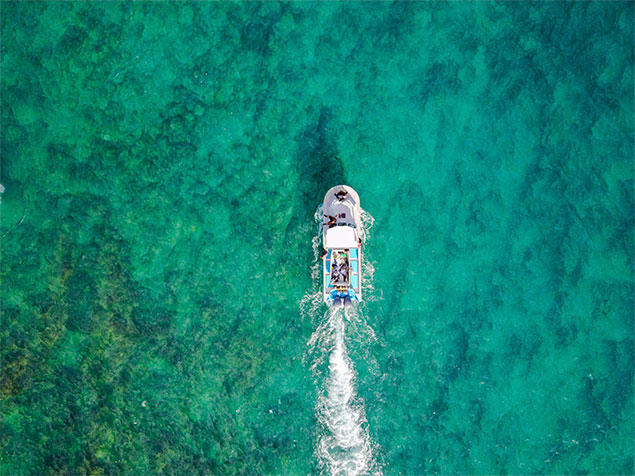
Holo holo
If you’re going to holo holo, you’re about “to go for a leisurely ride, to have an adventure, to have fun.” Holo holo fits the Hawaiian lifestyle quite well, and can refer to going for a sail, hanging out at the beach, going for a hike or going fishing. Also referred to as “cruising.”
ʻOno
If something is delicious or good tasting, it’s ono. Don’t be afraid to compliment the chef by saying the food is ʻono. If you want to take it one step further, you could also say the food onolicious or even “broke da mouth.”
Akamai
Akamai means smart, clever, skillful, expert. In Hawaii, you hear akamai in everyday conversation, usually as a compliment to someone.
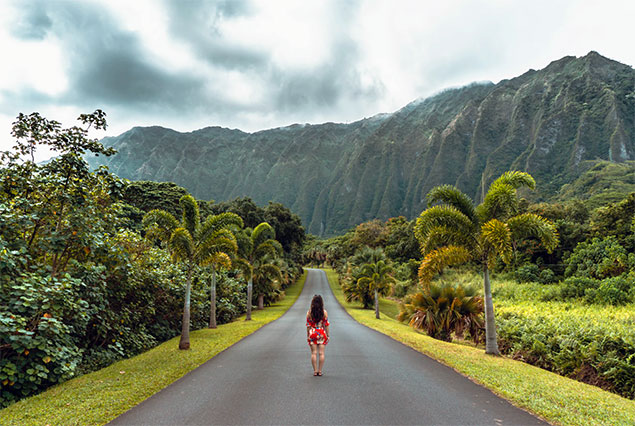
Hemo
To hemo is “to take off, unfasten, release, untie.” For example, it’s custom in Hawaii to hemo your slippers / flip-flops or shoes when entering a house.
Hapa
Hapa means “half,” but it’s often used in Hawaii to describe a person of mixed race (which is common here).
“A hui hou”
There is no word for “goodbye” in the Hawaiian language, so we say a hui hou. It means “until we meet again.”
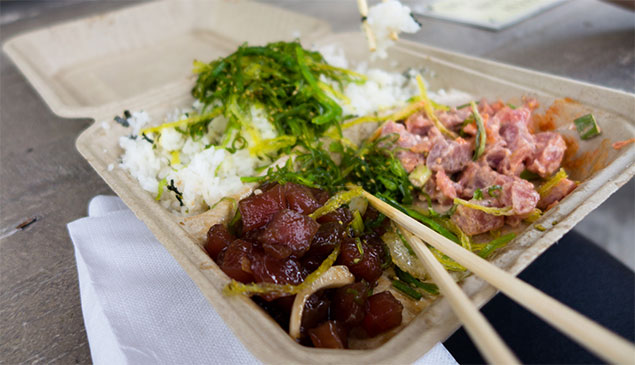
Poke
You probably know by now that poke is a popular yummy raw fish treat from Hawaii. But now you know what the word actually means? — this: “to slice, cut crosswise into pieces, as fish.”
“E kala mai”
Pronounced “ay-kala-mai,” this expression means “I’m sorry, excuse me or my bad.” What a savvy way to state your apology!
Mana
Mana means power, as in spiritual, divine or supernatural power. You can also use mana to describe one’s personal power.
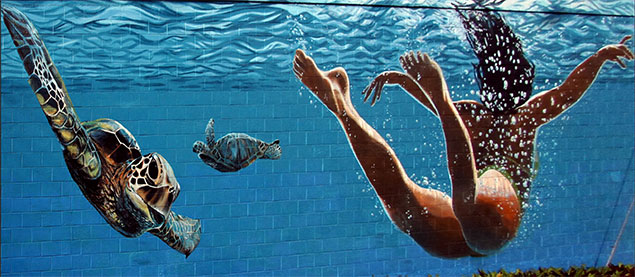
‘Olelo
‘Olelo means language. When used, it often refers to the Hawaiian language.
Honu
A honu is a green sea turtle. These gentle, graceful creatures can be found basking on the Hawaii’s beaches and swimming in the water. Please be sure not to touch a honu‘s or disrupt their habitat, as they are protected under state and federal law.
Kolohe
Know someone who’s mischievous, naughty, rascal? That’s a kolohe. It’s a common term used in Hawaii to describe someone who’s causes trouble, often a mischief-making child.
***
Need a hand with your next Maui vacation? Please contact the Sunny Maui Vacations team at info@sunnymauivacations.com or call 808-240-1311, ext. 21. We’ll find you the best vacation rental condo or home in South Maui and help you with any and all recommendations and activities across Maui (chat with our in-house Concierge at extension 71).
Image credits: volvob12b, badvoodoo, subliminal, Wild & Away, shlyn401, chrishunkeler, Thomas Asklock, hawaiianvirtualtours, stevenworster, makenag, wtipton
Need a hand with your next Maui vacation? Please contact the Sunny Maui Vacations team at info@sunnymauivacations.com or call 808-240-1311, ext. 21. We’ll find you the best vacation rental condo or rental home in South Maui and help you with any and all recommendations and activities across Maui.

